
COVID-19: I’ve been wearing the wrong mask! What masks should you be wearing?
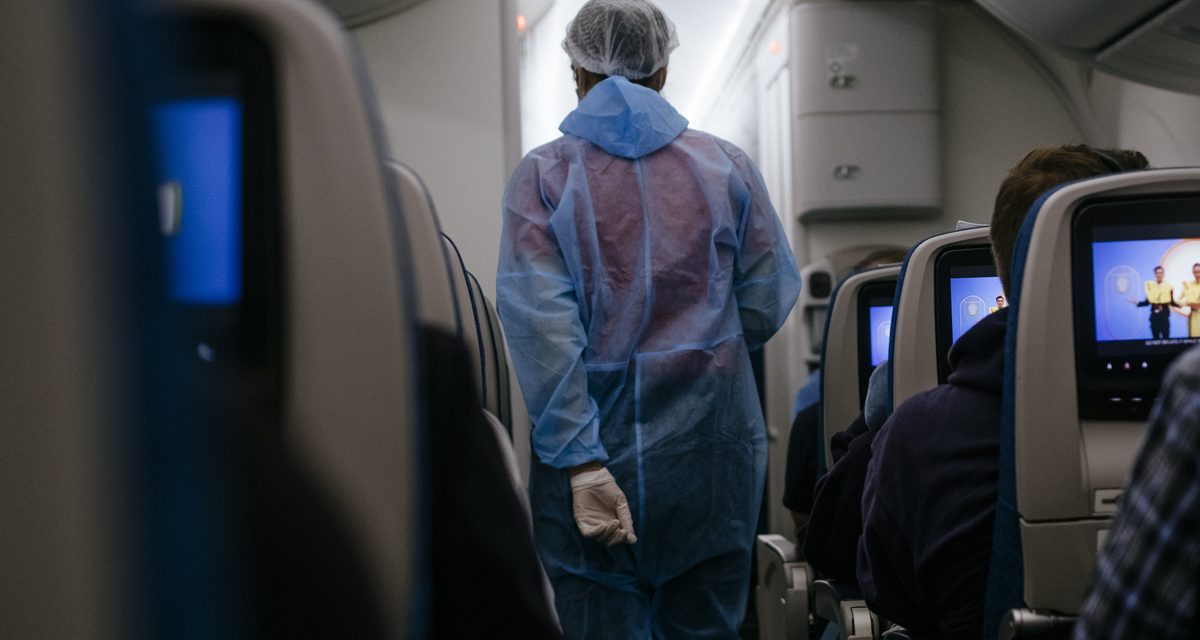
I have to thank reader Jeannine for alerting me to this issue.
Content of this Post:
Background
Last weekend, I sent out my usual weekly newsletter, which included an image of a facemask manufactured by the Cambridge Mask Company, similar to the ones that British Airways have been supplying to premium passengers pictured below.
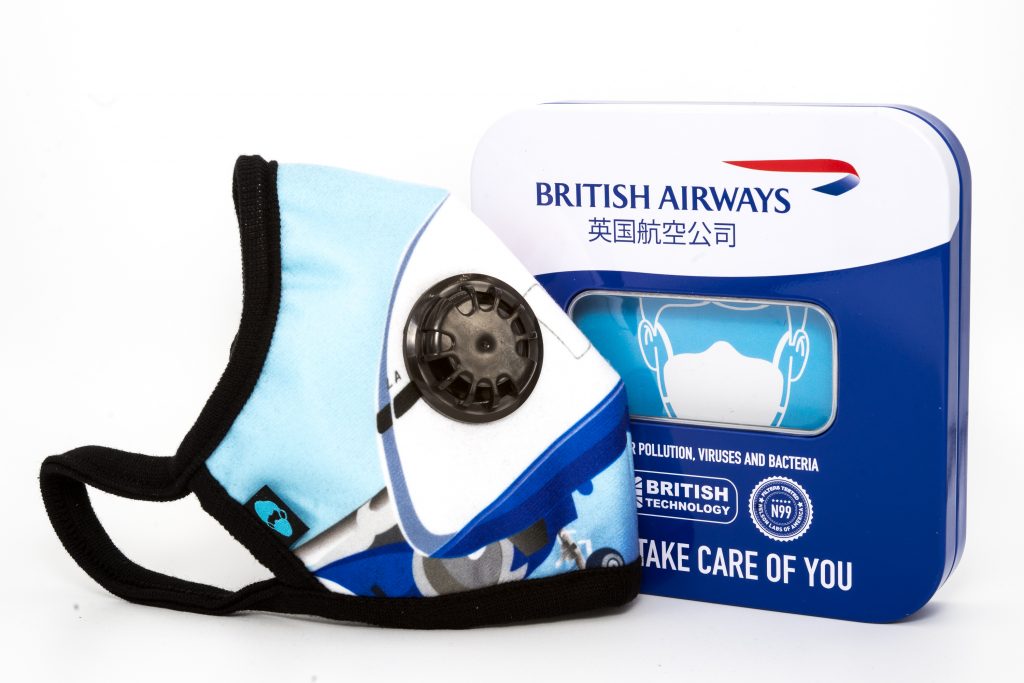
I have one I purchased from the same company, originally due to the severe bush (wild) fires that occurred here in Australia over the 2019/2020 Christmas period. The consequent particle pollution affected me, to the point I couldn’t go outside without wearing the mask.
As we moved into the COVID-19 period in roughly mid-March, I continued to wear the mask on occasions, thinking that it’s N95 virus stopping filter, would be good for the pandemic. Well, I was right and wrong.
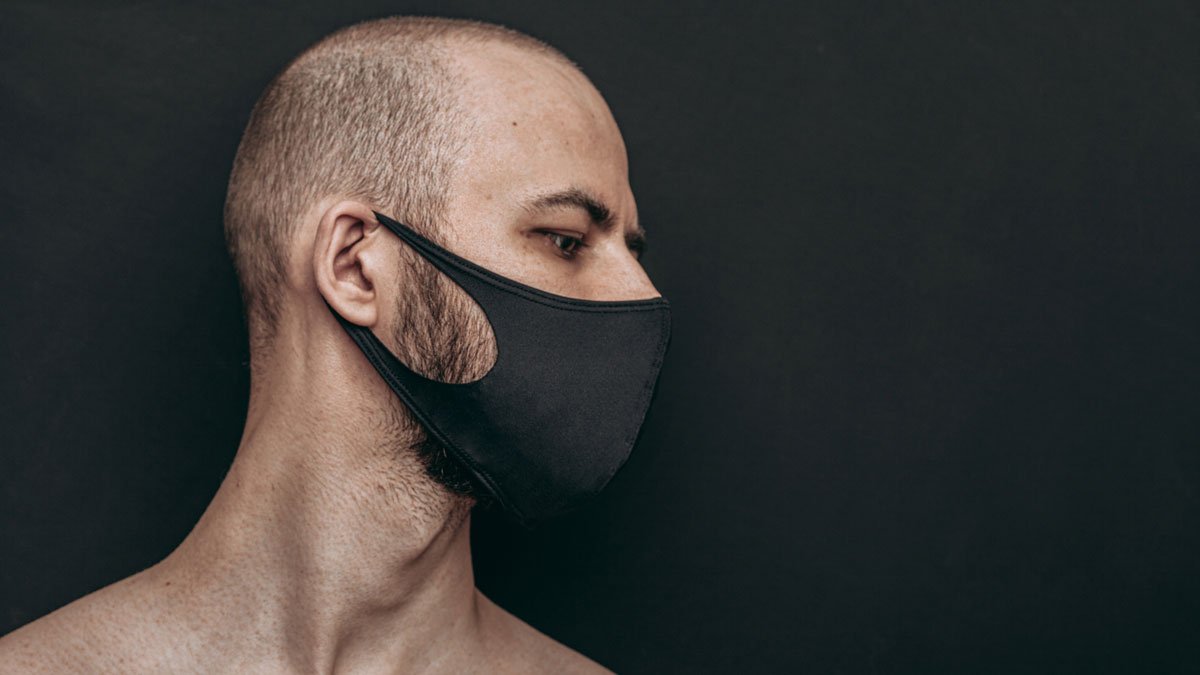
Protecting who?
My mask, with a vent, is plenty good for protecting me from anyone who has the virus, but not so good for the people I am mixing with, if I had the virus. It’s all down to that vent. It’s a one way vent – that helps expel air and moisture from behind the mask during exertion like running. But it is not so good for people around you in protecting them from any germs or virus you might expel.
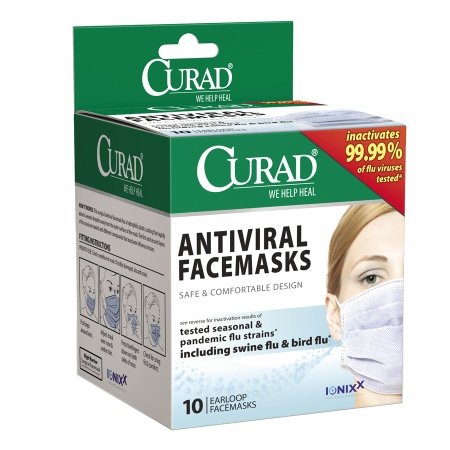
Why is this important?
Well it is important because mask wearing is mandated in some areas, and in some places, like the whole of Melbourne, Victoria at the moment, or many states in the USA, or some businesses, and on many airlines. And, they even sometimes specify the type of mask you should wear, even if they don’t supply one.
An appropriate mask reduces the transmission of the COVID-19 virus via droplets and other particles. I’m going straight to the Mayo clinic for this one:
Surgical masks
Also called a medical mask, a surgical mask is a loose-fitting disposable mask that protects the wearer’s nose and mouth from contact with droplets, splashes and sprays that may contain germs. A surgical mask also filters out large particles in the air. Surgical masks may protect others by reducing exposure to the saliva and respiratory secretions of the mask wearer.
At this time, the U.S. Food and Drug Administration has not approved any type of surgical mask specifically for protection against the coronavirus, but these masks may provide some protection when N95 masks are not available.
N95 masks
Actually a type of respirator, an N95 mask offers more protection than a surgical mask does because it can filter out both large and small particles when the wearer inhales. As the name indicates, the mask is designed to block 95% of very small particles. Some N95 masks have valves that make them easier to breathe through. With this type of mask, unfiltered air is released when the wearer exhales.
Health care providers must be trained and pass a fit test to confirm a proper seal before using an N95 respirator in the workplace. Like surgical masks, N95 masks are intended to be disposable. However, researchers are testing ways to disinfect N95 masks so they can be reused.
Some N95 masks, and even some cloth masks, have one-way valves that make them easier to breathe through. But because the valve releases unfiltered air when the wearer breathes out, this type of mask doesn’t prevent the wearer from spreading the virus. For this reason, some places have banned them. [my emphasis]
Cloth masks
A cloth mask is intended to trap droplets that are released when the wearer talks, coughs or sneezes. Asking everyone to wear cloth masks can help reduce the spread of the virus by people who have COVID-19 but don’t realize it.
Cloth face coverings are most likely to reduce the spread of the COVID-19 virus when they are widely used by people in public settings. And countries that required face masks, testing, isolation and social distancing early in the pandemic have successfully slowed the spread of the virus.While surgical and N95 masks may be in short supply and should be reserved for health care providers [this is not the case in Australia, where these masks are readily available – Ed.], cloth face coverings and masks are easy to find or make, and can be washed and reused.
Masks can be made from common materials, such as sheets made of tightly woven cotton. Instructions are easy to find online. Cloth masks should include multiple layers of fabric. The CDC website even includes directions for no-sew masks made from bandannas and T-shirts.Mayo Clinic, COVID-19: How much protection do face masks offer?
So, did you get that message? Masks with valves could potentially spread the virus, Cloth masks properly constructed, cleaned and worn are pretty good.

Masks are available everywhere
Back in March, and part of April, there were times when appropriate masks were in short supply in Australia, and were being reserved for medical staff. This is no longer the case. The Australian government has a vast stock of masks for hospital and medical staff, and any reported shortages are probably about distribution difficulties rather than not having stock.
Your local pharmacy has masks in stock, even your local supermarket has them. I recommend holding a stock of washable facemasks, and probably a supply of disposable ones, for situation where that is a more practical option.
Remember, that ‘dust’ masks and masks with valves (allowing air to be expelled) are not ideal for the protection of others, or approved for some environments, especially on aircraft.
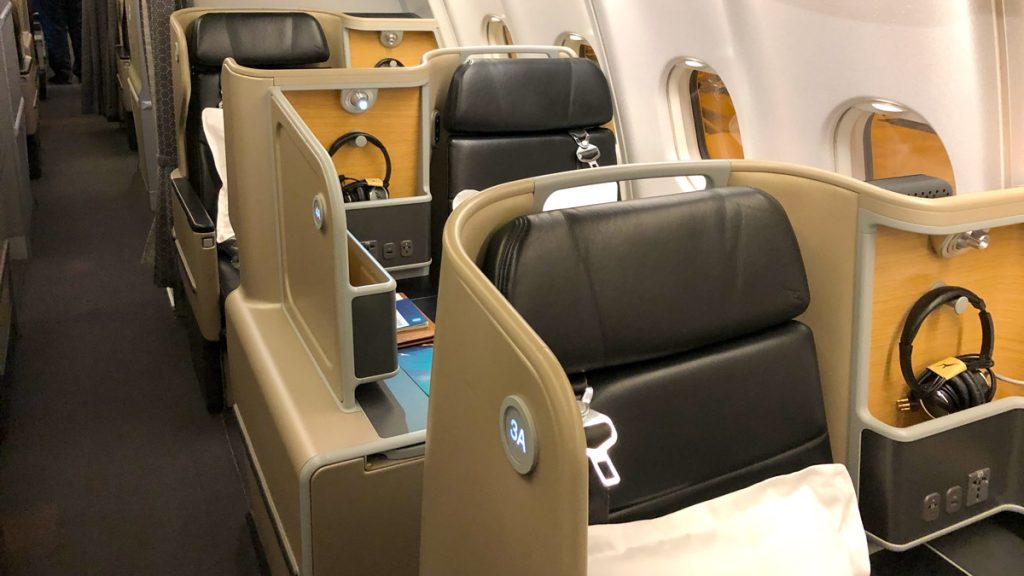
2PAXfly Takeout
This is another timely reminder to wear your seatbelt when seated. Holding you close to your seat will protect you from the sort of injuries sustained on this flight, when unsecured passengers flew to the ceiling of the aircraft, and then came crashing down once the ‘drop’ ceased.
The hope will be that this is an anomaly – a ‘freak accident’ in casual parlance. If it is a systemic error either mechanical or electronic, then this is a larger concern for the airlines that fly Boeing Dreamliner 787 aircraft. Let’s hope it isn’t. If it is, it will pile on the woes to Boeing’s existing stack.
I like my n95 mask with valve, and will probably continue to wear it when I am out in public exercising for example. However, I will be adjusting my practice on public transport and in other more croweded places, and wear a non-valved mask, so that I am protecting others as well as myself.
Also remember that not wearing a mask correctly, is about as useful as not wearing one. A mask should cover your mouth and nose, and fit snuggly so there is as close as possible a seal with your skin.
Yes, they get hot and moist, and breathing may not be as easy as when not wearing one, but for god’s sake, if we are prepared to suffer for beauty and fashion, surely we should be prepared to suffer a little for the health of ourselves, not to mention others.
Want to read something more about masks – here’s a great article from the Conversation website by British university lecturer on evidence-based healthcare.
On Aircraft
Wear the mask that the airline provides – if they provide one, that way you know you are in compliance with the airline’s rules. And wear it all the time, except when you can’t, like eating or drinking. Even then, modify your behaviour so that you wear the mask when you are not actively eating or drinking, that means don’t take it off for the whole hour or whatever that it takes you to consume a meal.
Alternately, wear a non-valve mask either re-usable or disposable, and wear it properly.
I want to get back in the air, and travelling both nationally and internationally in a responsible manner as soon as possible. Mask wearing will get us all there sooner.
Oh yes, and wash your hands!
Do we want to talk about visors?


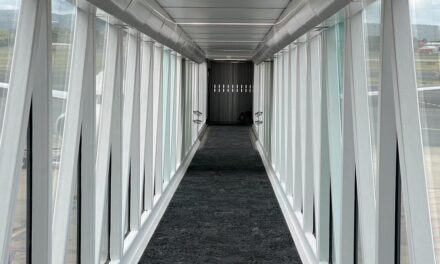




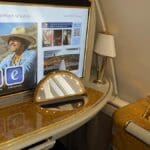





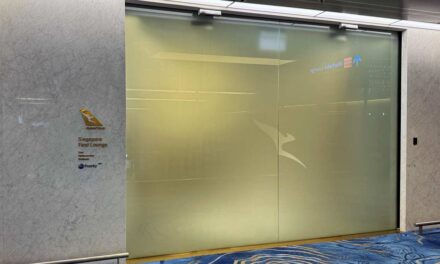



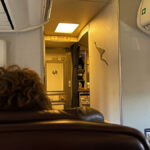






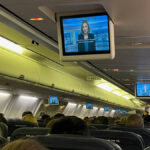


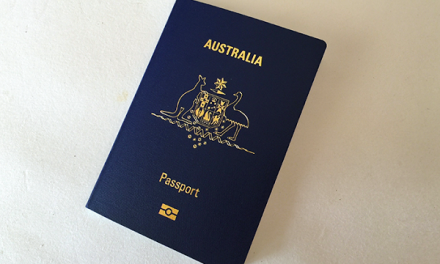




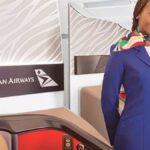


What did you say?